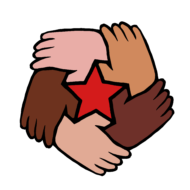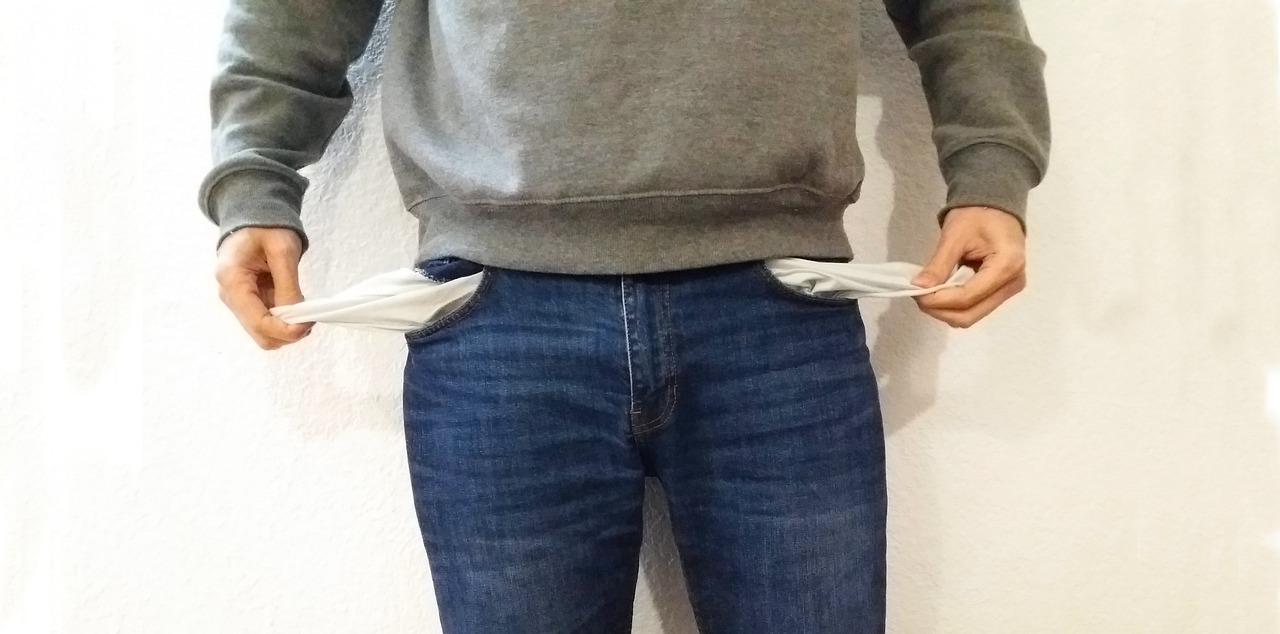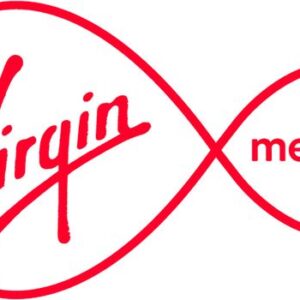You might have heard the talking point that “poverty is a choice”. It’s a convoluted way of explaining why someone living one paycheck at a time might take a lower-paying job to survive, rather than investing in expensive training or education with the hope of a career down the road. This narrative treats poverty as an individual character flaw, a failure to make the numerically correct decision.
This logic ignores structural factors in the economy which provide incentives for workers to focus on short-term survival rather than long-term personal growth. Accruing debt to finish a degree is unfeasible when your current wage is too small to save for the future, even with the help of a roommate or family member. Working for “experience” or “exposure” to advance your career is impossible when you cannot shield yourself from rising costs of living.
Just like workers prioritizing their own survival, inflation is a choice mediated by economic incentives. By shedding a light on the structure of the economy, particularly in relation to modern global supply chains, we can track inflation as a set of incentives between short-term profit and long-term sustainability.
Inflation arises as products circulate through the economy and increased prices compound through the supply chain. The owners of productive enterprises cause inflation by hedging that they can raise the price of the finished good by more than the increased cost of inputs – and get away with it with no consequences. Assuming sales remain constant, this yields an increase in profit. For example, if the price of a raw input like wool rises by $5, the producer of a high-end jacket would raise their price by $10, and the final retailers would bump their sale price by $20. In each step of this process, the producer will blame the increased cost on supply chain or logistics issues, or simply on “the market”. They will not admit that they set prices in order to capitalize on the opportunity that rising prices present, to generate more profit than they previously could at the expense of working people.
This would not be so egregious if it only affected goods we could live without. However, given that the essentials of life have become market commodities, we need to look at how inflation affects things like food, medicine, and housing. These are things which economists would consider to be inelastic, meaning that demand does not stretch, so to speak; it remains roughly stable despite changes in price.
People still have to eat, take care of their hygiene, wear clothes, etc. regardless of whether prices outpace their buying power. This leads logically to increased consumer debt which most people cannot repay. It drives the financial elite to push austerity politics, cutting social services while people are suffering from crippling debt and poverty. The ultimate outcome is massive inequality as depressed incomes fail to match increasing prices, leading to the collapse of markets such as the mortgage crisis of 2008, and public bailouts of private enterprise rather than financial aid for the working class.
Who sets these increased prices? It’s not employees, but business owners. To be clear, the vast majority of system-wide inflation does not come from the small business owner whose work is required to keep their own business afloat. The owners and employers making pricing decisions are at the top of corporate hierarchies in large enterprises that produce the bulk of things we consume on a daily basis. For the 2008 crisis, it was financial institutions gambling on mortgage debt on houses people could not otherwise afford. For other consumer goods, it is well-known how a handful of corporations control the vast majority of certain American industries, which funnels profits from the entire world to their coffers.
The mainstream political narrative of poverty blames individual choices, while inflation remains a nebulous topic that pundits debate endlessly on cable news. Neither of these narratives properly address how cycles of debt and poverty arise, or how corporations yield record-breaking profits year after year. The analysis is actually quite simple: inflation is a signal of opportunism. As Richard Wolff notes in his discussion on the topic (see the March 2022 episode Global Capitalism – Live Economic Update), it is an imposition of the few upon the many.
Put simply, inflation is a choice. It is a logical response to the incentives of the capitalist economy for owners of large enterprises to maximize profit over maintaining economic stability. They don’t change their behavior because they don’t feel the consequences of their actions. The largest capitalist industries can lobby governments for subsidies and bailouts, leaving the working class to shoulder the tax and debt burden in the long run.
If we are to survive the coming years of economic turmoil, we must collectively choose another path. Substantive democracy is not one that can be voted into office when all the major parties in the US, UK, and many other developed countries are in bed with corporate interests. It is something we must build, not by taking cheap bribes from political parties for votes, but through grassroots organization; co-operative ownership of enterprise; pressuring legislators for price controls; and ultimately working toward the removal of capitalist influence from political decision-making. They will keep getting away with it only as long as we let them.





